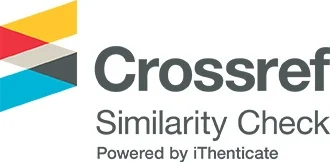Knowledge, Attitudes, and Practices of COVID-19 Among Medical Staff Doctors at Tripoli University Teaching Hospitals
DOI:
https://doi.org/10.65137/jhas.v5i10.320الكلمات المفتاحية:
Medical Doctors، Corona virus، COVID-19، Attitude، Knowledge، Practicesالملخص
مرض فيروس كورونا 19 (كوفيد -19) هو جائحة عالمي جديد. أعلنت منظمة الصحة الدولية يعتبر الاطباء العاملين في مجال الرعاية.. أن كوفيد -19 يمثل حالة طوارئ صحية عامة تثير قلقًا دوليًا الصحية هم الفئة التى تتعامل مع المرضى المشتبه بهم عند دخولهم المستشفى . وبالتالي ، فإن معرفة ومواقف وممارسات الاطباء في مجال الرعاية الصحية تجاه (كوفيد -19) تظل غير واضحة. هدف الدراسة : التحقيق في معرفة ومواقف وممارسات الأطباء حول (كوفيد -19) في مستشفيات جامعة طرابلس التعليمية . الطريقة : تم إجراء هذه الدراسة المستعرضة في الفترة من 30 أبريل إلى 29 مايو وهو الأسبوع الذي تلا مباشرة أول حالة إصابة بـ ( كوفيد - 19) في ليبيا. تم توزيع استبيان مسبق التصميم وملؤه .SPSS بأخذ المعلومات ذات الصلة من الأطباء العاملين في مختلف الوحدات الطبية والجراحية وتحليلها






